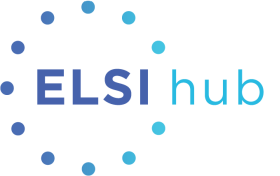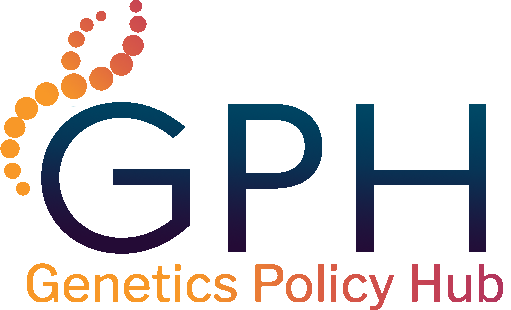
- This event has passed.
ELSI Friday Forum Seminar Series
December 9, 2022 @ 12:00 pm – 1:00 pm EST

ELSI Friday Forum is a monthly one-hour seminar series featuring topics on the ethical, legal, and social implications (ELSI) of genetics and genomics research. Join us from 12:00-1:00pm ET / 9:00-10:00am PT on the second Friday of each month for talks and panels on a broad array of issues, explored through an ELSI lens.
Each hour-long forum will be immediately followed by a half-hour informal networking session for audience members who would like to continue the discussion. A zoom link to the networking session will be provided in the Zoom Chat before the end of each forum and emailed to all registrants.
Each forum will end with a Q&A with the audience and speakers: please bring your questions, expertise, and opinions to the debate! For those who cannot attend the live event, each session will be recorded and archived on the ELSIhub Video page.
